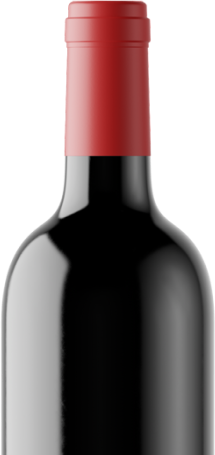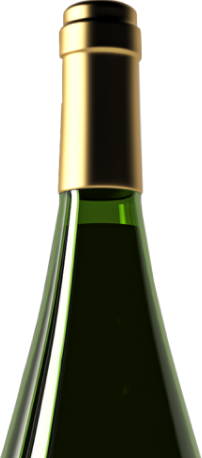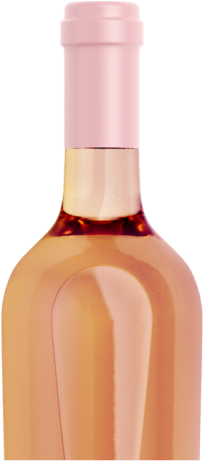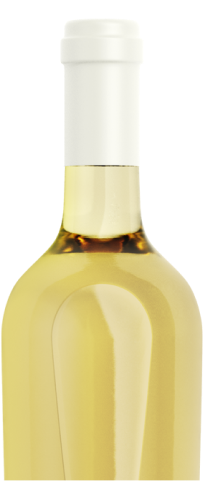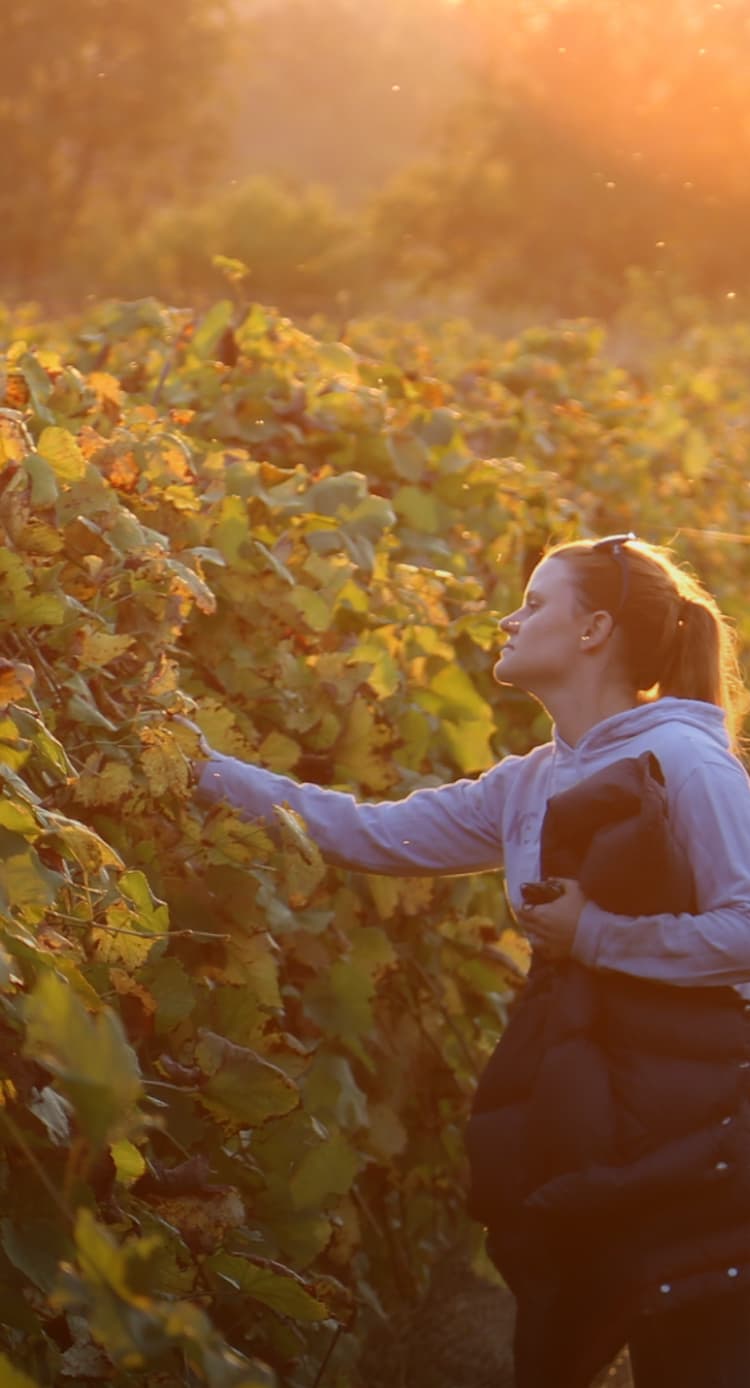
Kentucky Wine: History in a Glass
Ky Wine
Believe it or not, America’s commercial wine industry was born in Kentucky in 1798 when Swiss vine-dresser, Jean-Jacques (John James) Dufour, set out into the new nation on a quest to find suitable land for growing grapes and producing wine. Sent by his father at the urging of Benjamin Franklin, Dufour eventually arrived in Lexington where he made the acquaintance of prominent statesman Henry Clay. Backed with money from several respected local citizens, including Clay, Dufour formed the Kentucky Vineyard Society and bought 600 acres of land on the sloping banks of the Kentucky River in what’s now Jessamine County. Dufour established the aptly named “First Vineyard” and in 1805 two five-gallon casks of wine – a red made from the Alexander grape and a white made from the Madeira grape – were taken by horseback to President Thomas Jefferson in Washington, D.C. In a letter to a friend, Jefferson wrote, “The quality…satisfies me that we have at length found one native grape … which will give us a wine worthy of the best vineyards of France.”
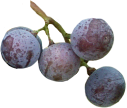
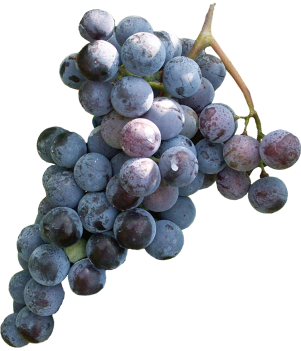

After overcoming crop damage from the Civil War as well as vine diseases, Kentucky became the nation's third-largest grape and wine producer by the late 1800s. During the 1870s, Bracken County in Northern Kentucky was the leading wine-producing county in the U.S., producing over 30,000 gallons annually (half of the total national wine production at the time). However, Prohibition put a halt to Kentucky’s grape and wine industry, and many Kentucky farmers turned their acreage over to tobacco production.
Kentucky passed legislation in 1976 allowing wineries to operate, and tobacco settlement funds provided a number of Kentucky farmers the opportunity to once again explore grapes as a cash crop. The Commonwealth’s modern grape and wine industry has seen tremendous growth. Since 2000, the number of Kentucky wineries has matured from less than 10 to more than 70 and continues to grow.

Local Ingredients
Over the past two decades, a significant amount of research and cultivar trials have helped determine the very best wine grape varieties suited to Kentucky’s unique climate and soils. The University of Kentucky maintains a research vineyard and winery in Lexington where they have studied more than 100 grape varieties. The most widely planted grape in the Commonwealth currently is Vidal Blanc, followed closely by Chambourcin and Norton.
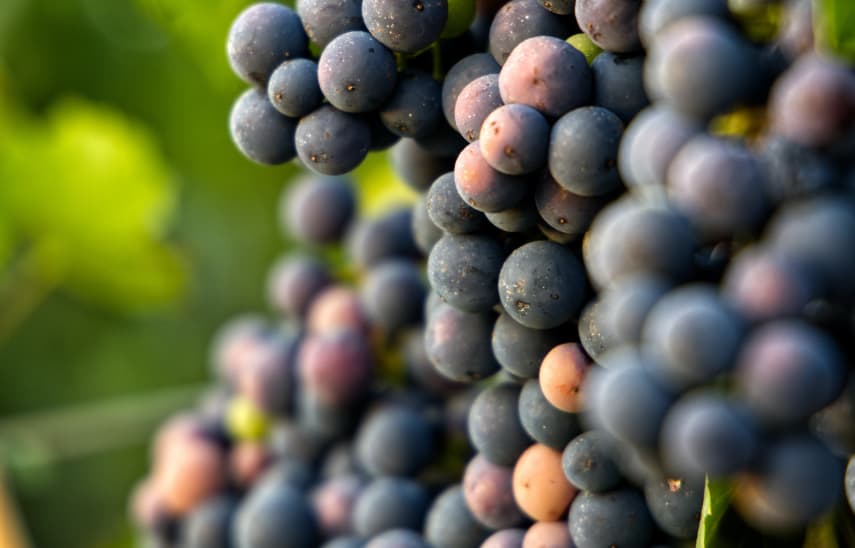
are berry
interesting
But that’s not to say you won’t find a huge variety of wines across Kentucky’s wineries. A recent survey by the Kentucky Grape & Wine Council reported more than 75 grape varieties currently planted around the state. And that’s just grapes. Many of Kentucky’s wineries also make fruit wines and a few even make wines from vegetables. If you’ve never tasted a jalapeño wine, it’s definitely an experience worth trying.
And while we’re on the topic of local ingredients, a handful of wineries also have restaurants featuring fresh-from-the-farm Kentucky Proud menu options. If you’re drinking local, you might as well eat local as well!
Kentucky Commonwealth Commercial Wine Competition
With a goal of public awareness and education through promotion and recognition, the Kentucky Commonwealth Commercial Wine Competition & Commissioner’s Cup is the quintessential yearly guide to the best wines produced throughout the state. Eligible only to licensed Kentucky Small Farm Wineries, the KCCWC & CC assembles panels of expert judges comprised of industry leaders throughout the nation to systematically assess and score entries.
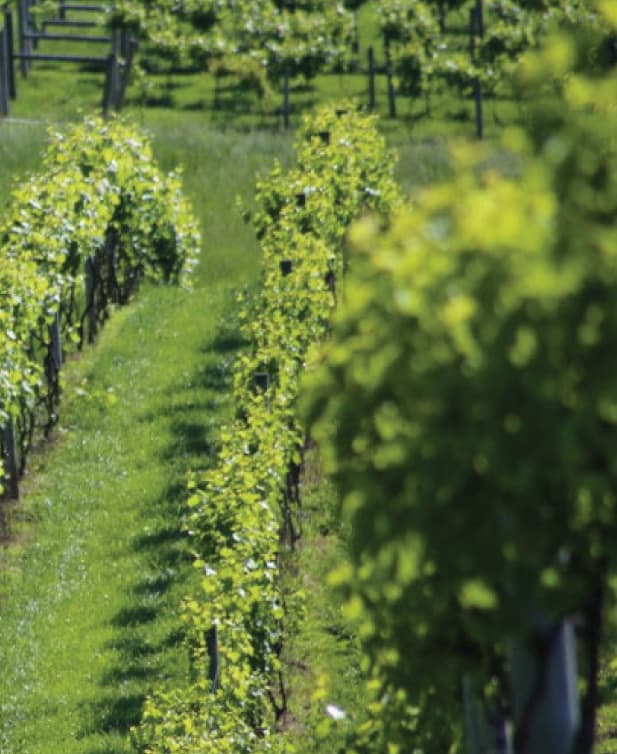
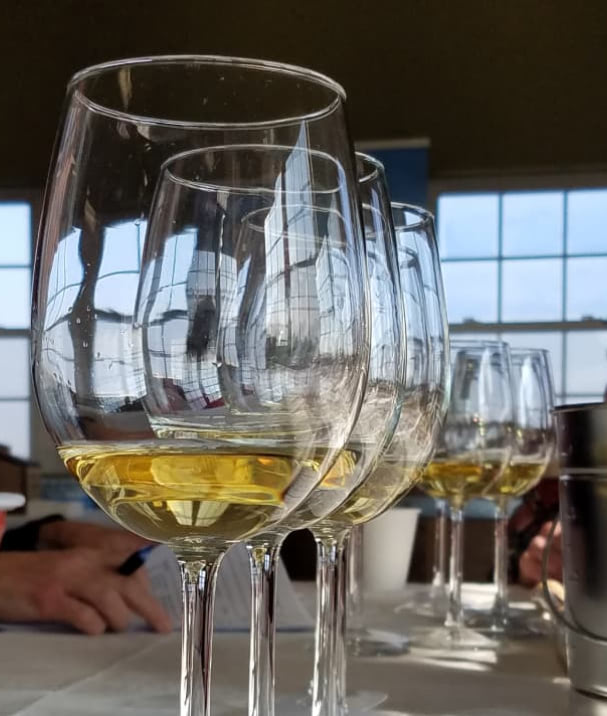
Commissioner’s Cup
Sponsored by the Kentucky Department of Agriculture and the Kentucky Agricultural Development Fund, the Commissioner’s Cup is the highest recognition awarded in the Commonwealth to the top Kentucky wine of the year in each of the following categories: Dry Red Wine (max 0.2% RS), Dry White Wine (max 0.2% RS), Rose/Blush, Sweet/Dessert Style/Fruit Wine and Boutique (Small Production) Wine.
To be eligible for the Commissioner’s Cup, a wine must be awarded a gold medal in the Kentucky Commonwealth Commercial Wine Competition and must be produced from a minimum of 75% Kentucky fruit. Additionally, we request that a minimum of 100 cases be available for sale to the general public for Dry Red Wine, Dry White Wine Rose/Blush and Sweet/Dessert Style/Fruit Wine categories. Any gold-medal-winning wine under the 100-case minimum will be eligible for entry in the Commissioner’s Cup under the Boutique (Small Production) Wine category.
Every Commissioner Cup qualifying wine is tasted and individually scored. Scores are tallied, and the highest-scoring wine in each class is awarded as a Commissioner’s Cup Winning Wine.

2023
Commissioner’s Cup
Winning Wines
